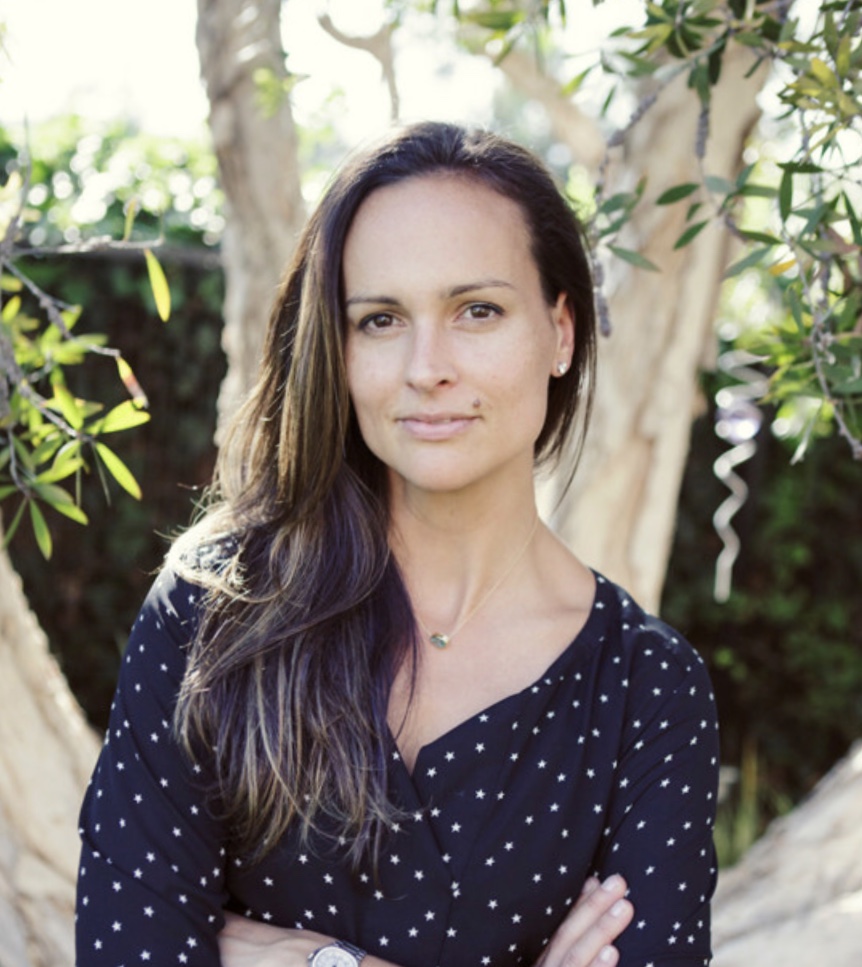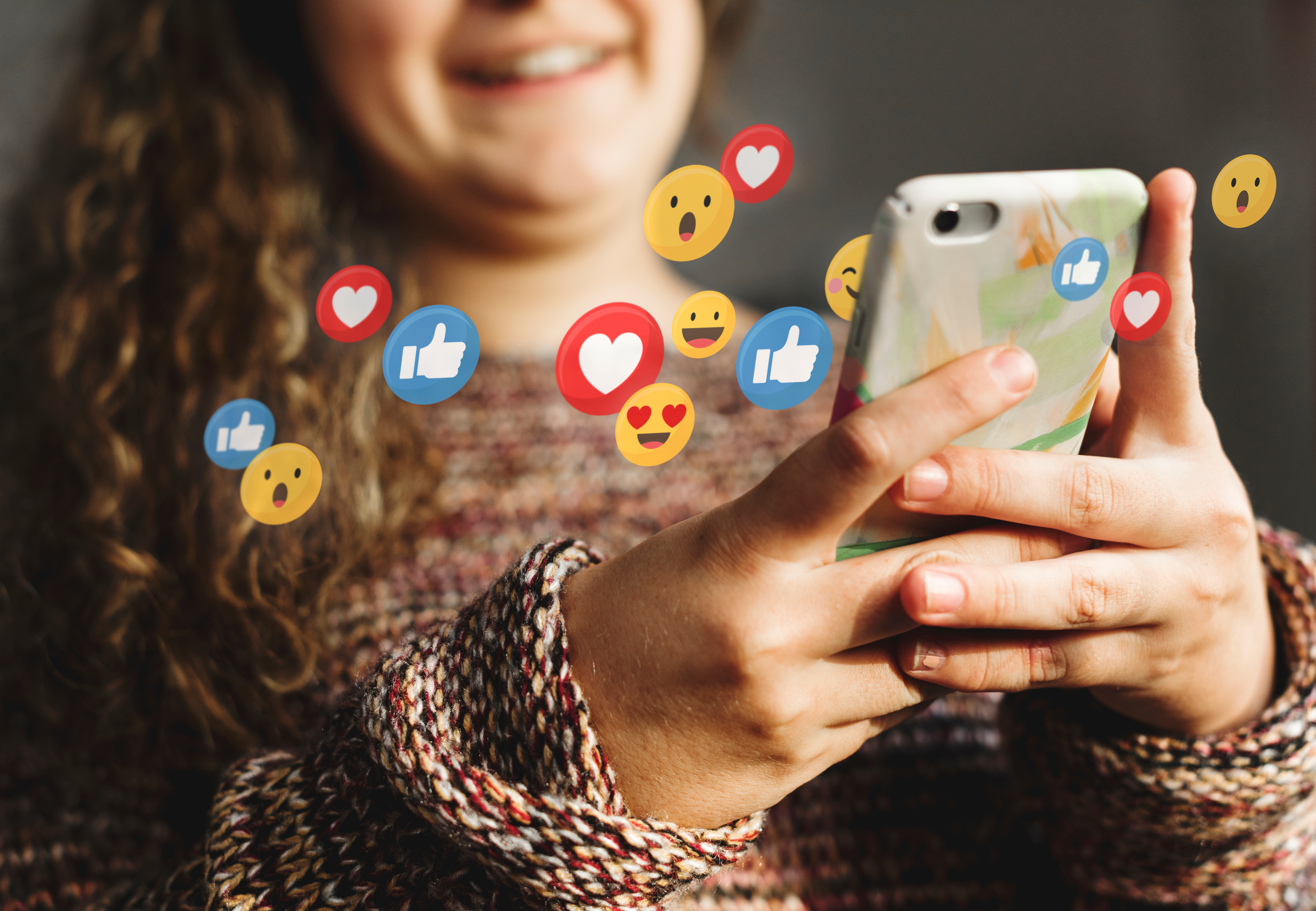The popular Netflix documentary “The Social Dilemma” delivers a powerful message about the harmful effects of social media just as many kids and teens are spending more time online due to COVID-19.
The documentary which features former employees from Google, Facebook, Pinterest, Twitter and others, highlights how big tech companies use artificial intelligence and persuasive technology to collect our data and track our every move online in an effort to manipulate our behavior and encourage addiction to their products. The reasoning for this is that the business model is off – the clients are advertisers, not the people that use their products. So that means users become the commodity, and we are basically trading on human futures.
As Tristan Harris, the co-founder of the Center for Humane Technology and the main figure in the film, says ‘If you’re not paying for the product, you are the product.”
The film also discusses how social media influences children and teens and affects their mental health.
As Harris shares, “It’s not just that it’s controlling where they spend their attention. Social media starts to dig deeper and deeper down into the brain stem and take over kids’ sense of self-worth and identity.”
“The Social Dilemma” highlights the increases in anxiety, depression, self-harm, and suicide among teenage girls that correlates to the rise of social media becoming widespread on mobile phones.
Although many of the themes in the documentary are not new to parents, the film offers a reminder to talk to your child about their social media usage including where they are spending their time and how long they are online daily.
It also reinforces the importance of setting rules around time limits for devices, including what time of day they can be used, and for how long. For example, some families may limit devices during the school week, while others limit devices at the dinner table, or sometimes it’s helpful to associate a particular online experience to a venue – so if you want to play video games as a family, then keep it only in the living room and don’t succumb to letting your kids take their devices to their bedrooms.
Limiting screen time to communal areas also lets you supervise the usage. What boundaries you set for your family is obviously a personal choice and will vary depending on the age of your kids, but either way, it’s probably helpful for everyone to be mindful of the pros and cons of screen time and how setting boundaries may help you in the future.
But it’s also important to remember that not all apps and sites sell user data, manipulate their behaviors, or promote addictive ones. And many countries and states are changing privacy regulations to protect consumers and limit ad targeting – though it will take time to implement these changes across the board.
In the meantime, here are a few of my favorite platforms that don’t share personal information or present a bias to kids:
DuckDuckGo: a search engine that doesn’t collect or share any of your personal information.
WURRLYedu: our platform, WURRLYedu, delivers culturally relevant lesson plans and a comprehensive suite of tools to make music education fun, effective, and accessible for teachers and students.
EPIC: offers a wide variety of books for kids to read
Fruit Punch Music: touted as a Spotify for kids, with songs and podcasts that kids AND parents love.
DaVinci TV: offers fun educational programming for kids and whole families alike through its 24/7 television channel.
News O Matic: provides engaging nonfiction reading, complete with valuable literacy tools for the K-8 classroom.
“The Social Dilemma” exposes the dark side of social media, but keep in mind that not all screen time is created equal. Seek out technology that augments your child’s imagination and heightens their creativity and wipes away your guilt. There are also many online games that you can play together as a family.
Ultimately it’s our job as parents to set rules and limit our kid’s time on devices and keep the conversation going about healthy online habits. As with any tough parenting topic, open and ongoing communication is the key to success.


